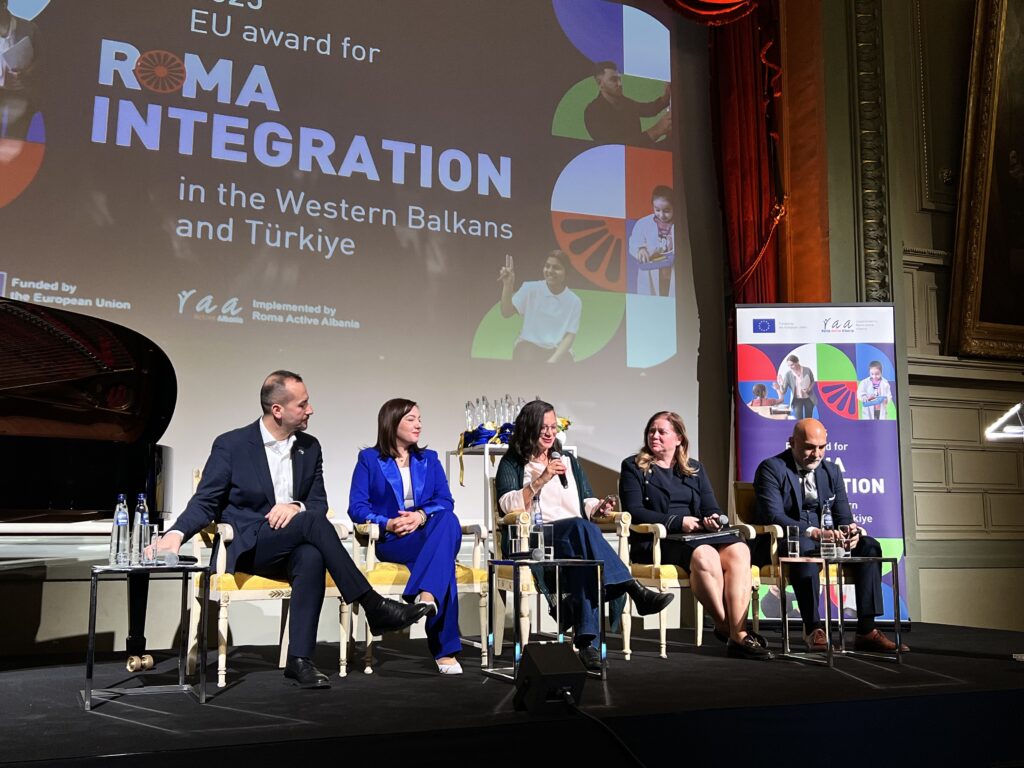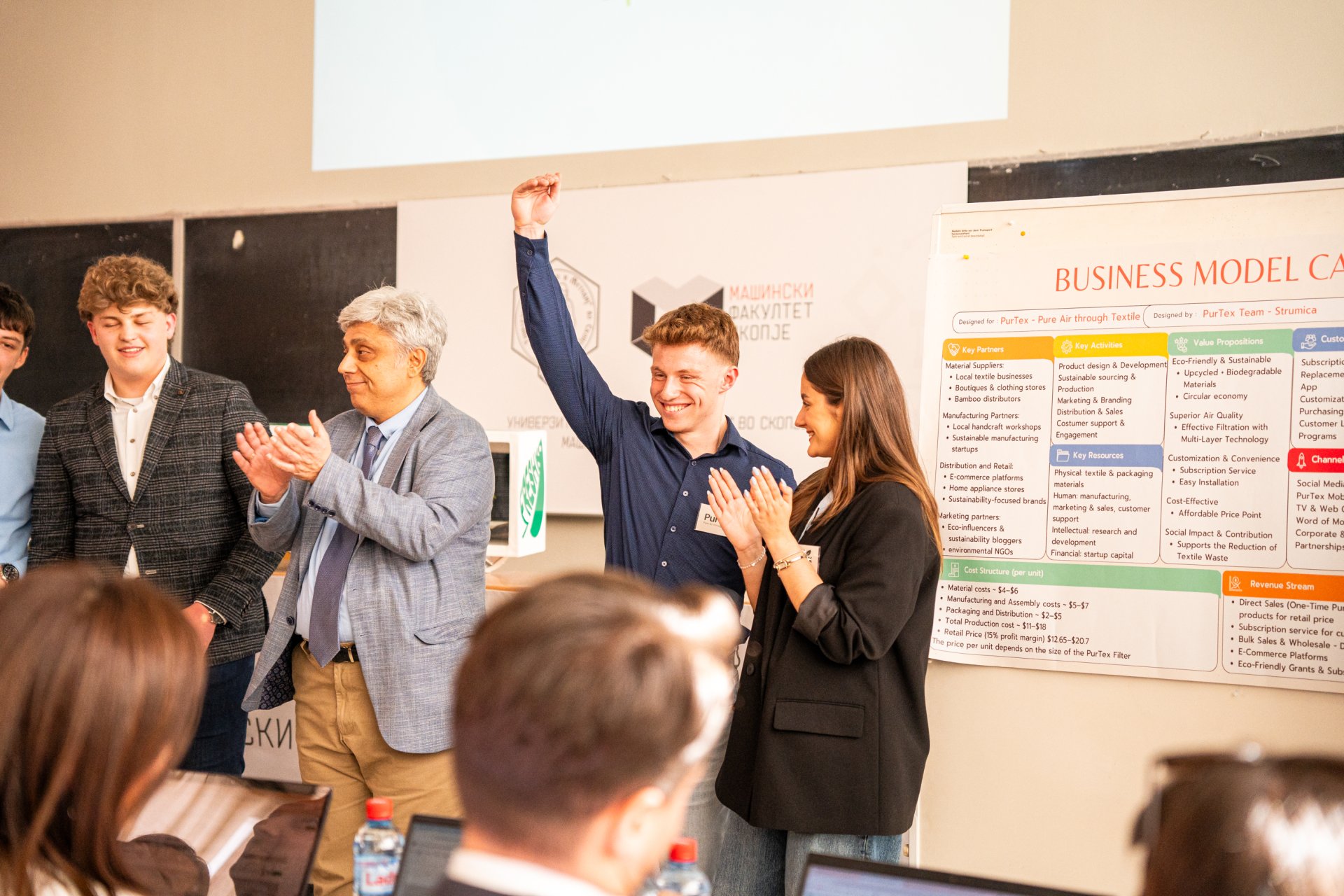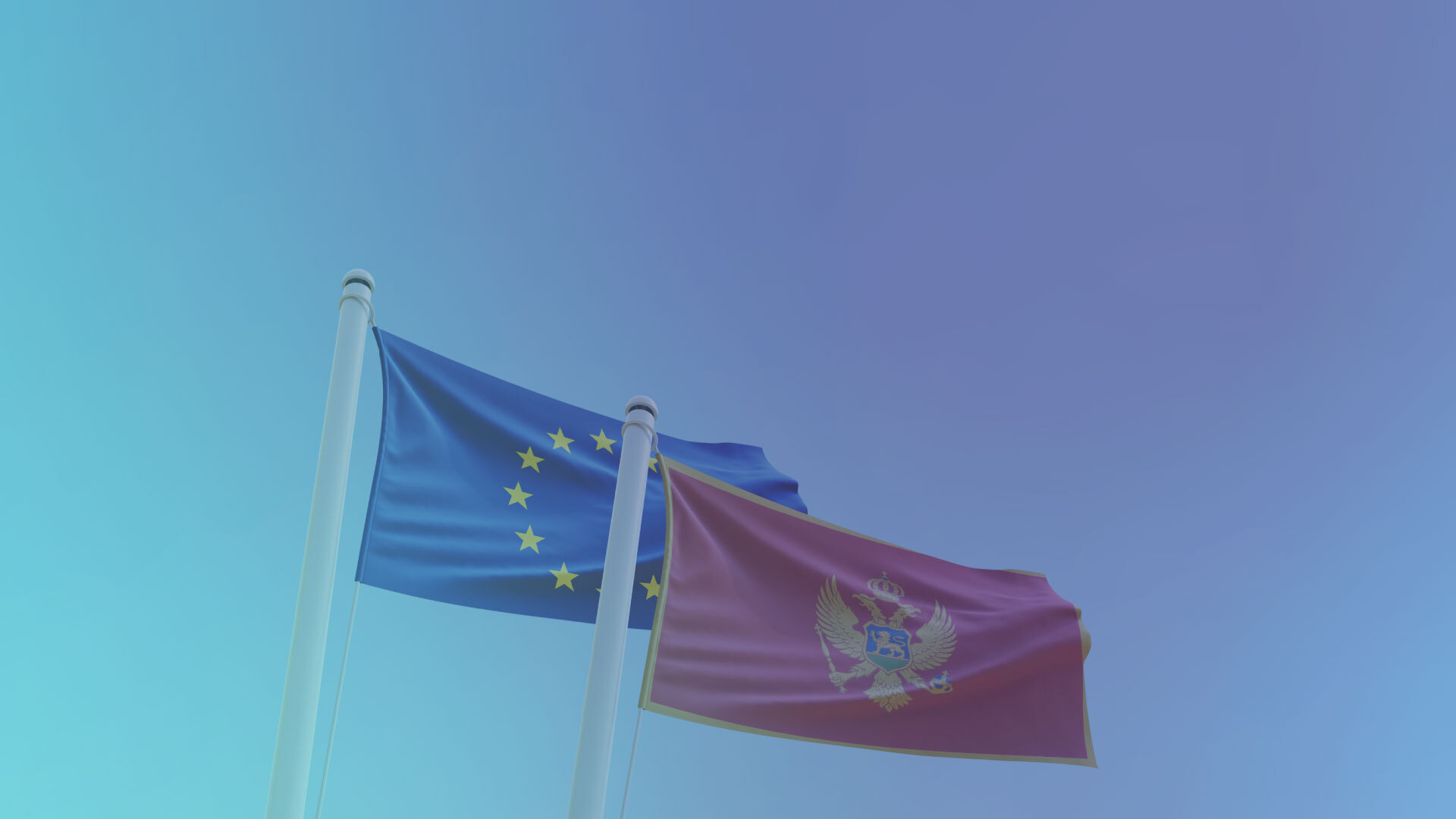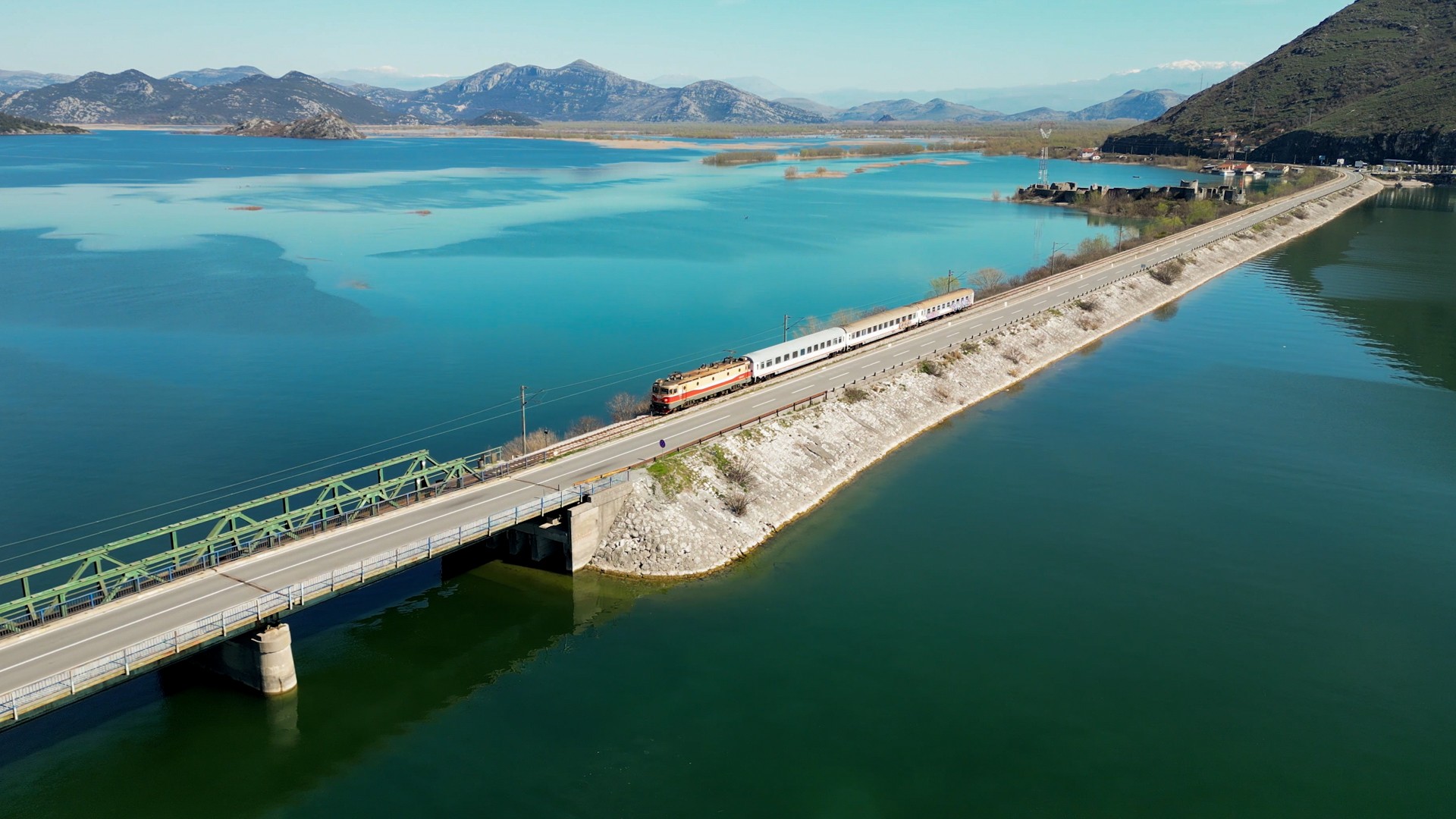Celebrating Roma education champions in the Western Balkans and Türkiye

Celebrating Roma education champions in the Western Balkans and Türkiye
Author: Visar Kukaqi, Young European Ambassador from Kosovo
The Roma minority is one of the largest ethnic minority groups in Europe. Often the face many challenges such as discrimination, segregation, socio-economic problems, they are excluded from education and forgotten by the institutions. In the Western Balkans, the Roma minority is a marginalized group, and with the help of the EU, governments and NGOs are working on strategies on integrating the Roma minority. One of the projects dedicated to the Roma minority is “EU award for Roma Integration in the Western Balkans and Tϋrkiye”
What is the “EU Award for Roma Integration in the Western Balkans and Türkiye”?
The EU Award for Roma Integration in the Western Balkans and Türkiye is an IPA-funded initiative designed to enhance the political visibility of Roma integration in the region, the award is funded by the European Union and implemented by Roma Active Albania. In alignment with the EU enlargement process and the Berlin Process, the six Western Balkans countries have adopted national strategies and action plans aimed at promoting Roma integration across various sectors, such as education, employment, and housing. Both Roma and non-Roma stakeholders, including activists, civil society organizations, and international entities, collaborate to advance these objectives. The EU Award recognizes these efforts by granting political acknowledgment and visibility to successful models that yield tangible results for Roma integration.
On April 10, I had the opportunity to attend the awarding ceremony for the “EU award for Roma Integration in the Western Balkans and Tϋrkiye” in Brussels. This marked the sixth edition of the event, honoring this year’s achievements and individuals who have advanced Roma integration through education.
The first EU Award was held in 2014. Typically, these award ceremonies are aligned with the European Romani Week, an annual event organized by the European Parliament for both the EU 27 and candidate countries. Previous ceremonies have welcomed distinguished guests, such as ambassadors from the Western Balkans, Members of the former DG ENEST Cabinet, and the Director of DG ENEST, Valentina Superti (who, unfortunately, could not attend this year).
The ceremony began with a video featuring Valentina Superti, the Director of DG ENEST, extending a warm welcome to the guests, organizers, and award recipients. In her message, Ms. Superti emphasized the vital role of education as a tool for resilience that facilitates the integration of Roma children.
The evening continued with a panel discussion titled ‘Breaking Barriers: Advancing Roma Inclusion in Education across the Western Balkans and Türkiye’, moderated by Adriatik Hasantari from Roma Active Albania and featuring a selection of panelists:
- Vesna Dzuteska-Bisheva, Team leader, inclusive growth, UNDP
- Gabriela Hrabanova, Director, ERGO Network
- Ciprian Necula, President Roma Education Fund
- Nesime Salioska, Former Award Winner, Republic of North Macedonia.
Ms.Dzuteska-Bisheva addressed two important challenges in education that Roma kids are facing. She highlighted the lack of attendance of Roma kids in preschools and how important it is to work toward this challenge to integrate them into early childhood education. Also, she addressed as the red signal lack of involvement in Vocational Education and Training (VET) of Roma people, due to many factors.
Ms. Salioska shared with all of us her inspiring journey in education as a Roma woman, highlighting the impact of education in general, especially on marginalized minorities. “My father wasn’t very enthusiastic for me to continue my education after primary school, but one day my grandfather said: If I knew how to read and write, maybe I could have been president, and that inspired me to continue despite the challenges and make changes”, said Salioska.
From Ms.Hrabanova, the importance of having intercultural classrooms was addressed. To advance Roma inclusion, according to Ms.Hrabanova schools must work more on creating inclusive environment.
As someone who studied Pedagogy (Intercultural Educational Assistant I was excited and interested of listening to this panel discussion, and was waiting for the turn of audience interaction to share my opinion on the discussion.
As for Mr.Necula, he shared the success and the impact that scholarships had on Roma students’ life. I was impressed to see a few of the REF scholarship holders attending the event as well, among them were also the winners. Mr.Necula said how important it is to increase and make changes to funding Roma students, to increase the number of students that will register and graduate from Western Balkans Universities, and to continue making an impact on their community.
As a Young European Ambassador with experience in education and Roma kids, I addressed my opinion on what we can do to advance Roma inclusion in education. From the perspective of an expert in intercultural education, I addressed that we should also focus on training teachers about intercultural education, but also advocate more, to change the curricula in Western Balkans’ schools in an intercultural environment, no matter of whether there is any ethnic minority group or not.
The last part of the event was announcing the winners, and among whom were also NGOs and Ministries. Announcement of winners and presentation of awards was by Marta Garcia Fidalgo from DG ENEST (as Adviser for Roma Integration, Department of European Commission), and Ina Makjo from Roma Active Albania. The winners who contributed to the education of Roma integration were:
Albania:
- Roma Women Rights Centre (first prize)
- Latif Kazanxhiu (second prize)
Bosnia and Herzegovina:
- Romska djevojka – Romani Ćej (first prize)
- Mujo Fafulić (second prize)
Kosovo:
- Roma Versitas Kosovo (first prize)
- Orhan Butic (second prize)
- Balkan Sunflowers Kosova (second prize)
Montenegro:
- Ministry of Education, Science and Innovation (first prize)
- Sebastijan Baftijari (second prize)
North Macedonia:
- Doan Sulejmanoski (first prize)
- Senada Sali (second prize)
Serbia:
- Center for Youth Integration (first prize)
- Music Art Project (second prize)
Tϋrkiye
- Şişli Municipality (first prize)
- Tugay Aslım (second prize)
During the event, I had the chance to meet the winners and guests from the European Commission, where we discussed the challenges and possible solutions we can do to improve and make it much easier the integration of the Roma minority, not only in education but in every field and most important in the society.



